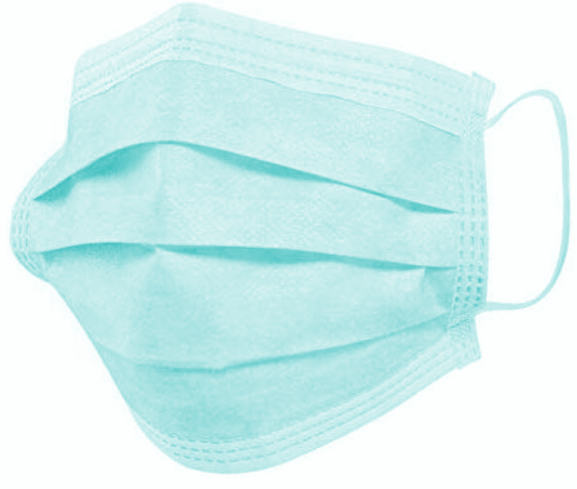COVID guidelines reviewed
 New research finds most national COVID-19 treatment guidelines recommend treatments that do not work.
New research finds most national COVID-19 treatment guidelines recommend treatments that do not work.
Researchers have reviewed the national COVID-19 guidelines of all 194 World Health Organization (WHO) member states as of the end of 2022, revealing substantial variations and a common misalignment with WHO's recommendations.
The study found that only 109 countries had accessible formal guidelines for COVID-19 treatment.
Among these, many included treatments that WHO has explicitly advised against, such as chloroquine, lopinavir–ritonavir, and azithromycin, as well as vitamins and zinc.
This variance raises questions about the consistency and reliability of global health responses, particularly in under-resourced countries which are furthest from adhering to the WHO's ‘gold standard’ of care.
Researchers found that the majority of the national guidelines (77 per cent) lacked a robust assessment of the strength or certainty of their therapeutic recommendations.
Most guidelines did not even define COVID-19 severity in a manner consistent with the WHO, which categorises disease severity to tailor treatment approaches.
“The formalisation of processes in the development of [national guidelines] for COVID-19 and other infectious diseases is essential for ensuring that these guidelines are grounded in the best available evidence,” the researchers say.
They call for a systematic approach to enhance the credibility and effectiveness of these guidelines, especially in a pandemic setting.
Interestingly, while corticosteroids were the most commonly recommended drugs, appearing in 92 per cent of the guidelines, their application varied.
Remdesivir was suggested for severe or critical cases in about half of the guidelines, although WHO only conditionally recommends it for mild cases at high risk of hospital admission.
Economic disparities played a significant role in the alignment of national guidelines with WHO standards.
Countries with lower GDPs, Human Development Index scores, and Global Health Security Index ratings were less likely to align with WHO recommendations, often due to the prohibitive costs of recommended medications.
But the experts point out that the variation in national guidelines for COVID-19 therapeutics is not justified by differences between populations or geographic variation in SARS-CoV-2 antiviral susceptibility.
They offer some possible explanations, including variations in how the severity of, and therefore the most appropriate treatment for, COVID-19 is defined; the evolution of the evidence; and the research chaos and confusion of the early stages of the pandemic, leading to claims and counterclaims, compounded by intense political and media interest.
“In this ‘fog of war’ countries clearly felt the need to say something and do something, even if it was based on very little evidence,” explain the researchers.
“But why many of these unproven remedies continued to be recommended as evidence of their ineffectiveness accrued is much less clear,” they said.
“There is clearly more variation in national guidelines for COVID-19 therapeutics than there should be to ensure optimum treatment.”
The researchers say nations should still work to standardise treatment protocols to ensure equitable and effective care for COVID-19 across the planet.
The full study is accessible here.







 Print
Print